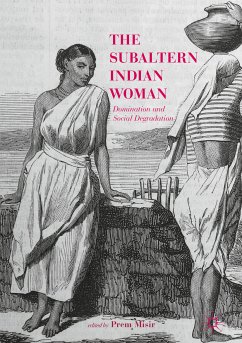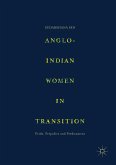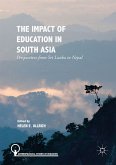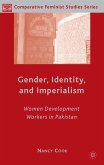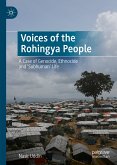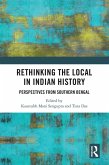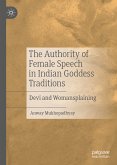This book depicts the antithetical and contradictory explanations for the indentured Indian women's cries, degradation and dehumanization and how the politics of change and control impacted their social organization and its legacy.
The book owes its origins to the 2017 centennial commemorative event celebrating 100 years of the abolition of the indenture system of Indian labor that victimized and dehumanized Ind
ians from 1834 through 1917.
Misir's Indian Indentured Woman: Domination and Social Degradation is one of the few books that discusses girmit women's degrading treatment, meagre wages, exploitation and a quest for survival. Misir's book is a timely addition to the 'girmit literature' as we celebrate the 100 years of the end of the Indenture system. - Dr. Rajni Kaushal Chand, Senior Lecturer, School of Language, Arts and Media, The University of the South Pacific, Fiji Islands
[This book] is a welcome addition to the literature on indentured Indian women, and their social being in Girmit nations from 1834 to 1917 ... This is a must read for anyone interested in indenture, social and political transformation, colonial studies, and gender studies. - Dr. Pramila Devi, Director, Lautoka Campus, The University of the South Pacific
Dieser Download kann aus rechtlichen Gründen nur mit Rechnungsadresse in A, B, BG, CY, CZ, D, DK, EW, E, FIN, F, GR, HR, H, IRL, I, LT, L, LR, M, NL, PL, P, R, S, SLO, SK ausgeliefert werden.

